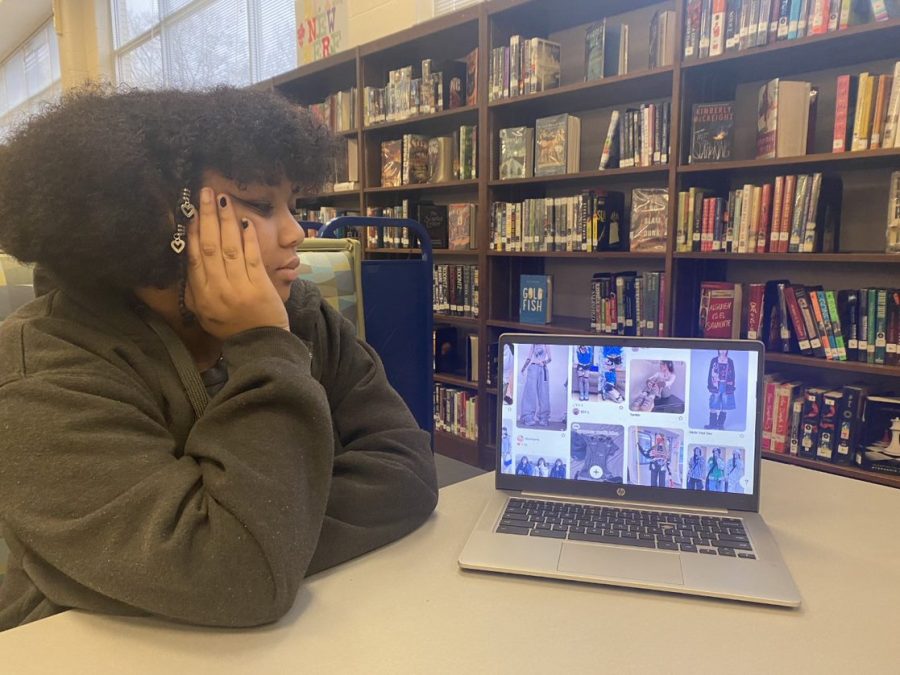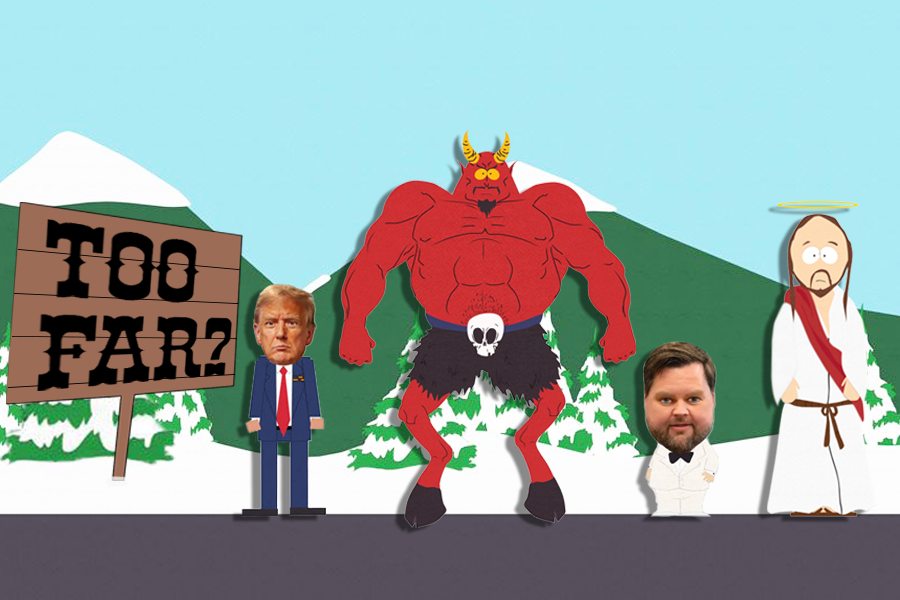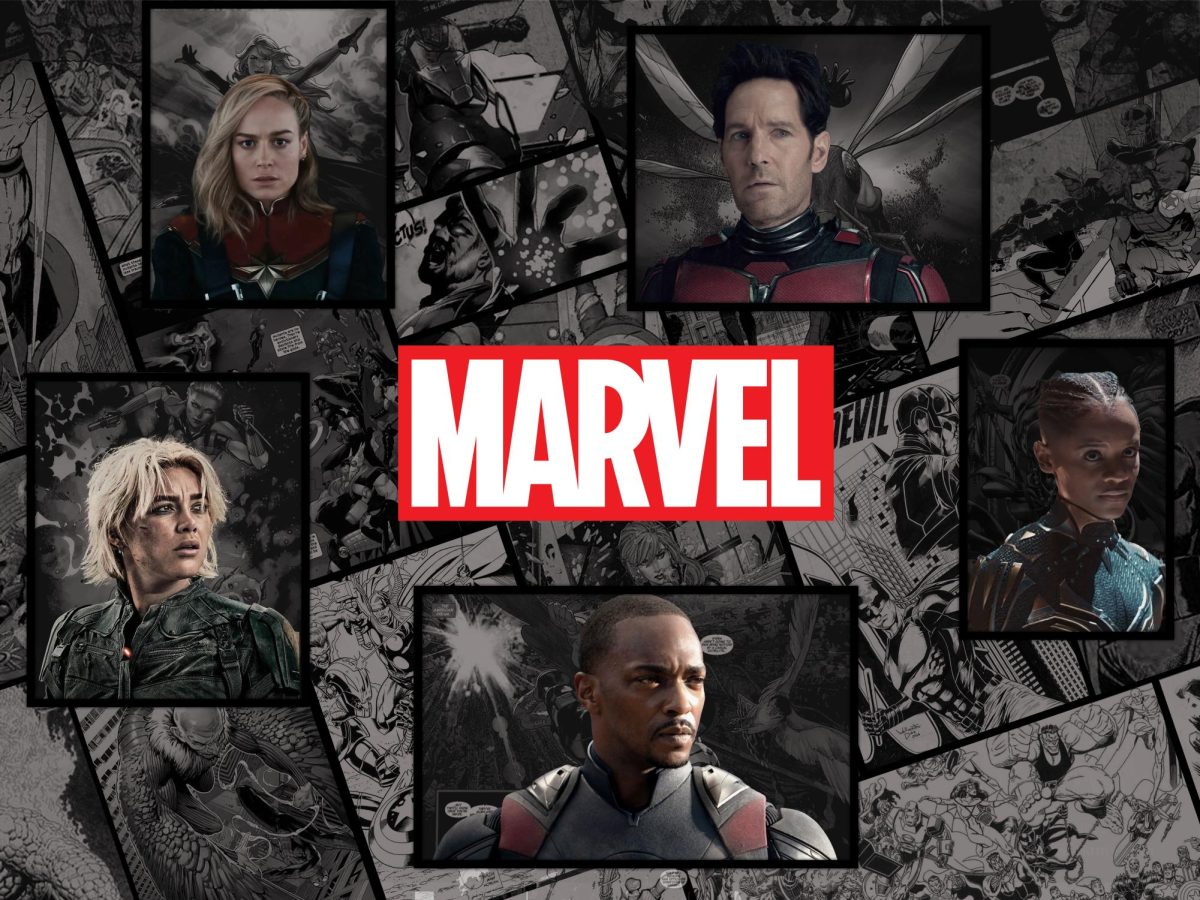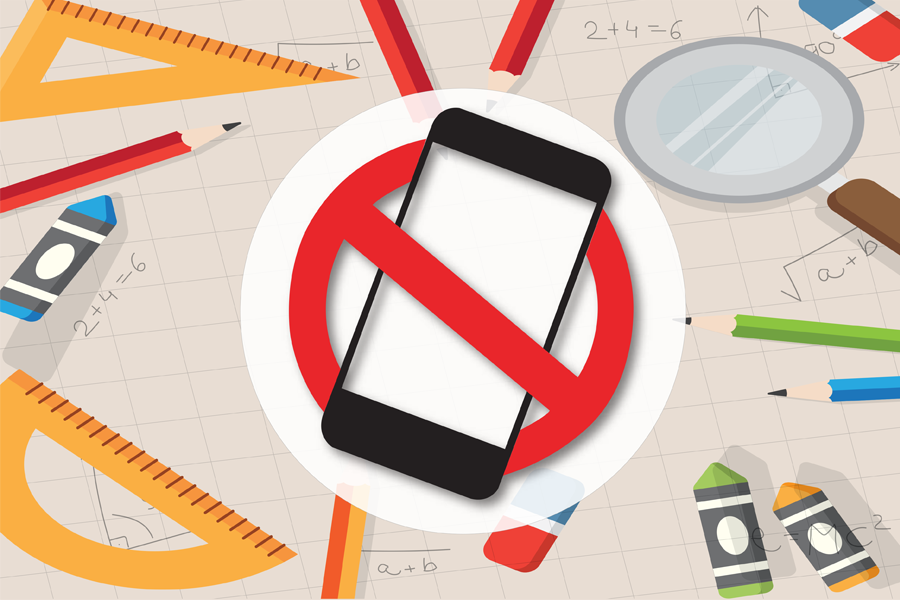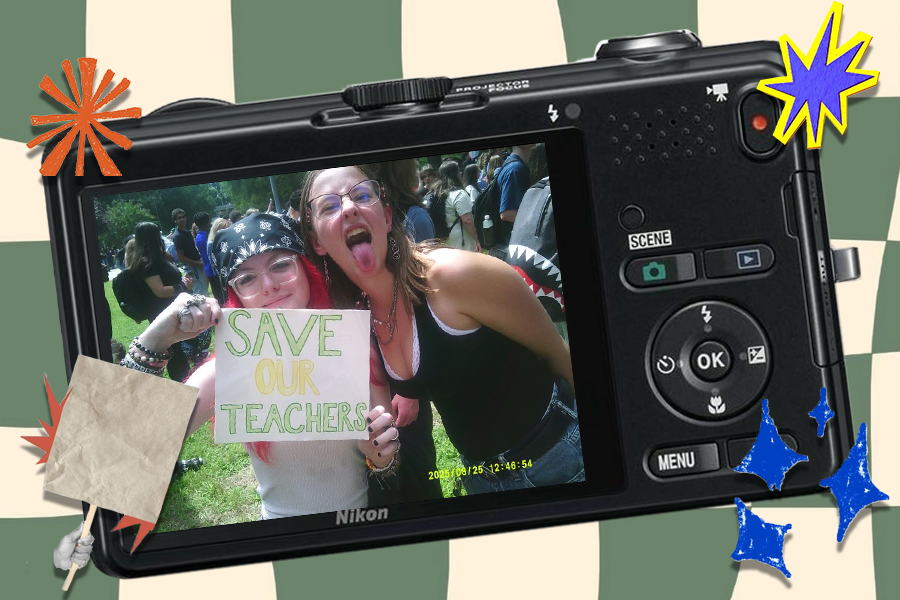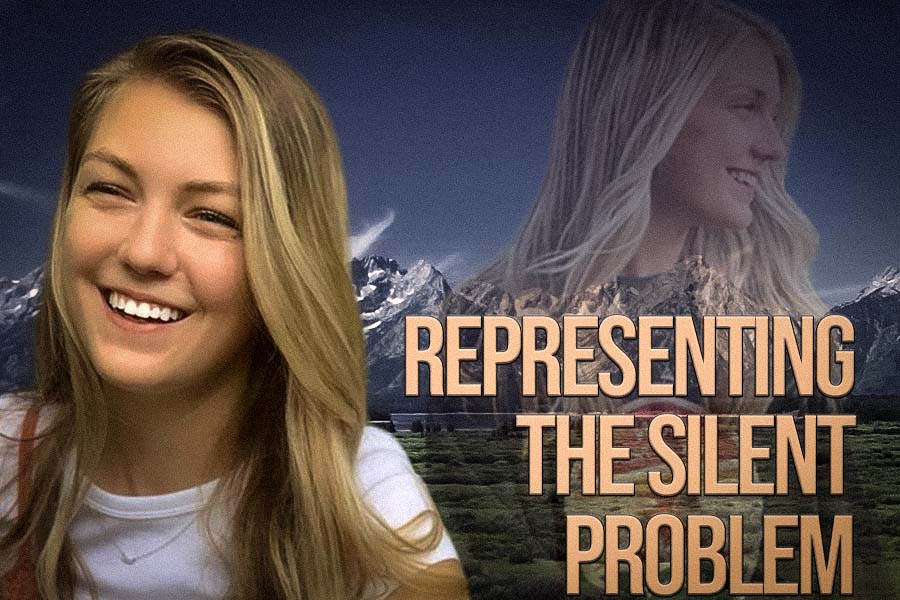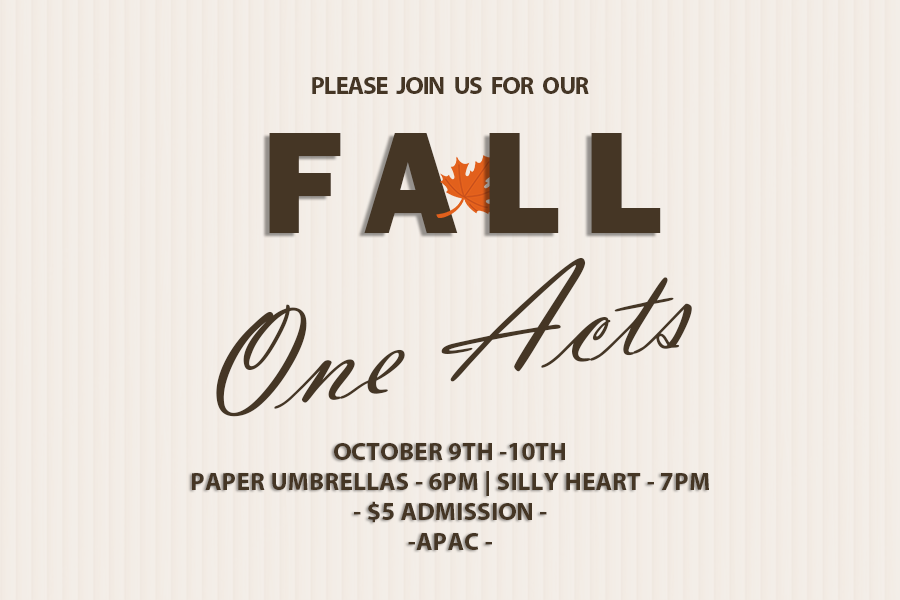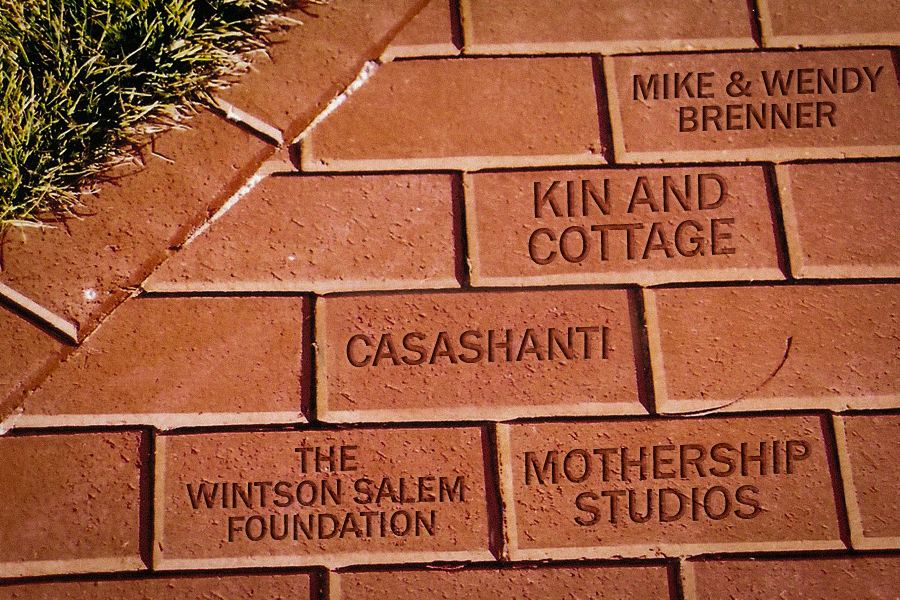In the age of QR code restaurant menus and virtual high school classes, it is nearly impossible to escape technology. The internet is becoming increasingly more accessible, allowing even young children to get their hands on the latest fads and social media trends that often obtain cult-like followings. Although the world has yet to become a robot-run dictatorship, technology has already stripped away the individuality from a large number of today’s youth.
“Aesthetics,” or the set of principles that guide the work of an artist or artistic movement, are highly prevalent on social media platforms such as TikTok and Instagram, but have adopted a slightly different meaning online. Typically referring to the different ways that people dress or the media they consume, aesthetics can range from “cottagecore” all the way to “Y2K,” but they also affect everyday lives. These bizarre micro-labels tend to be all-consuming and even drive people to change the way they act simply to achieve a certain look. While a variety of styles can allow for relatability with others who share the same interests, putting yourself into a box limits your complexity as an individual and leaves no room for natural change.
It seems that almost daily there are new, incredibly niche aesthetics introduced online, leaving social media users eagerly searching for ways to partake in the trend. Once a style gains traction, companies start mass producing clothing, beauty products and home goods that pertain to it, ultimately contributing to a tremendous amount of waste when the fad dies down. Rather than endless supplies of vintage boots and leather jackets, thrift stores are now polluted with clothes from fast fashion companies that appear to have been barely touched. The “trendiness” of an item doesn’t determine it’s wearability, however, donating is preferred over leaving it on the curb for garbage day. According to Earth.Org, an estimated 11.3 million, or 85% of textiles end up in landfills on a yearly basis, taking hundreds of years to degrade. The planet suffers immensely from such short-lived trends, and it is our responsibility to take action. The severe damage done to our environment can be prevented in the future, with acknowledging the importance of individuality being the first step.
The advice “be yourself” definitely sounds like a broken record for anyone who has ever desperately wanted to fit in, but deep down we all know it’s true. It is so fulfilling to live as yourself without the external pressures of choosing a label just to prove your worth to something as unimportant as the internet. Having individuality doesn’t mean you must shut yourself out from the world in order to remain your own person, but appreciating and embodying your true self is essential. There is nothing wrong with having similar interests as your peers, but you should never conform just for the approval of others.
Although social media is a revolutionary invention for young people in this generation, the constant use of it can greatly skew perceptions of reality. Everything on social media is curated, leaving people to go to great lengths to achieve the same level of popularity as those online. Clothes and outward appearances are important to many, but they should be used for self-expression and personal enjoyment rather than approval on the internet. The obsession with painting ourselves as a certain aesthetic shrinks and reduces us to walking labels, when as individuals, we are all more than that.
Labels exist to bring a sense of comfort to those who may feel lost, but that doesn’t mean we should dissect everyone’s identities and force titles upon them too. The desire to achieve one of the internet’s ever-changing aesthetics traps people in tight spaces, making them feel obligated to pose for an invisible camera at all times. At the end of the day, we are all living beings that deserve to exist freely without meaningless labels holding us back.


